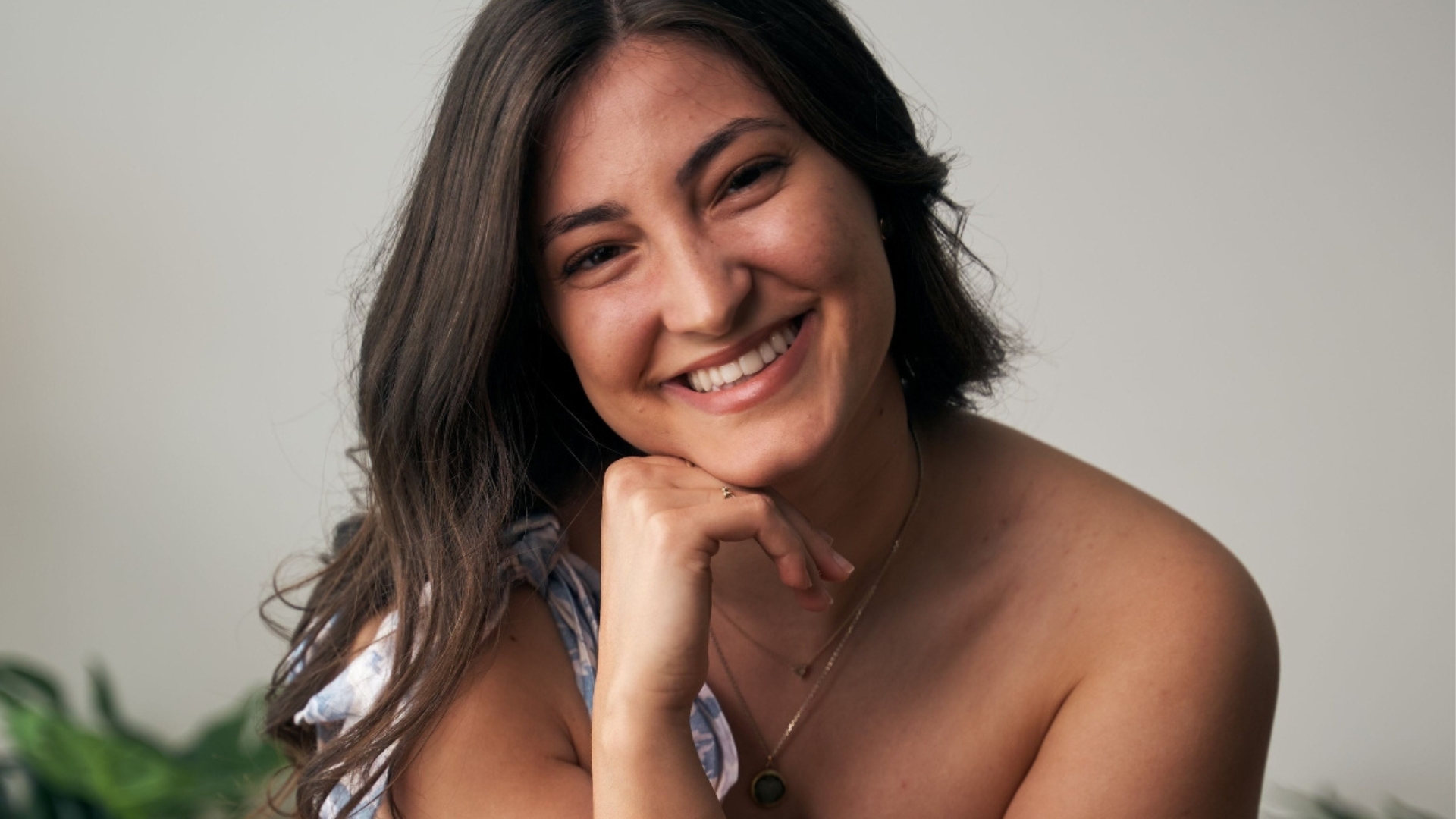With more than seven years of experience in mental health, it’s no secret that Stella Ladikos has a strong passion for helping people.
Stella is not only a mental health advocate from Sydney who founded Meraki Mental Health Training, she is also a certified Mental Health First Aid trainer, a presenter for the Butterfly Foundation, and a counsellor.
Her goal is to change the way people perceive mental health, spread awareness, and encourage people of all ages to get into therapy and speak with someone.
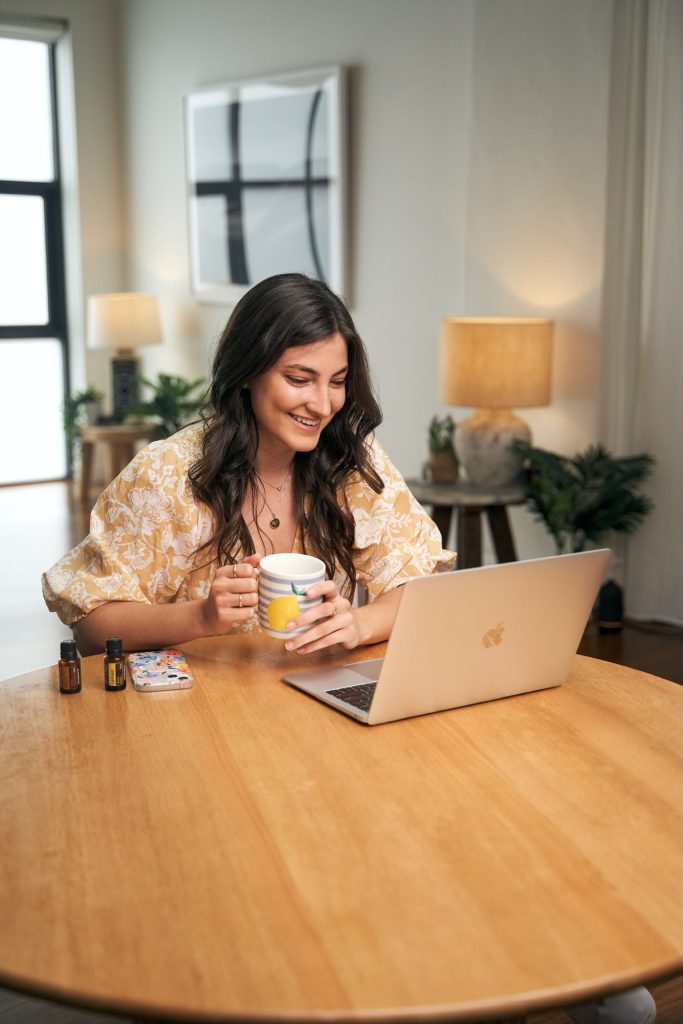
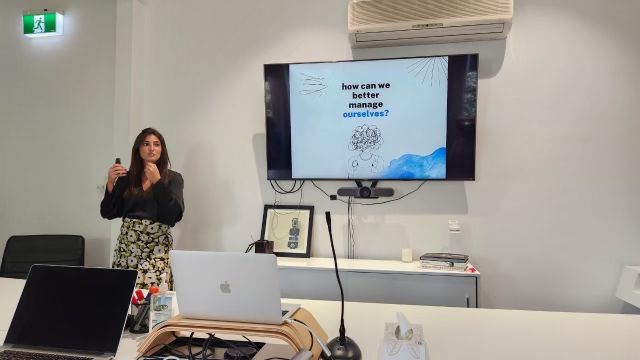
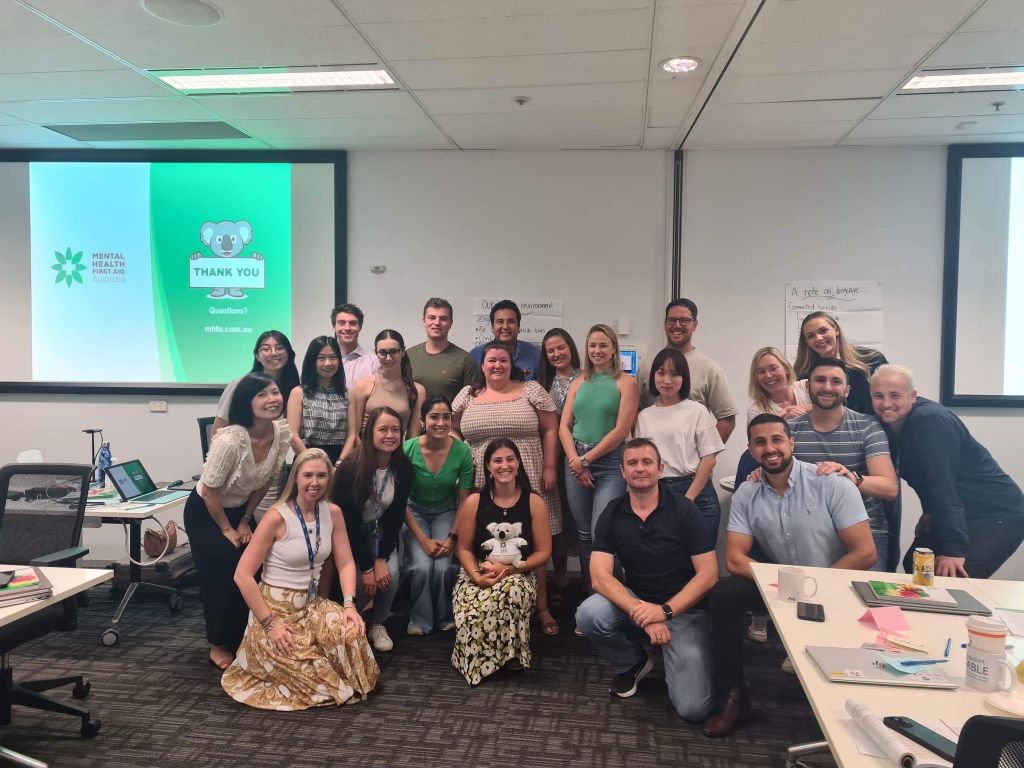
Stella’s passion stems from her interest in helping people after volunteering at her local Head Space centre at only 17 years old.
“I had quite a lot of people around me who were struggling with their mental health when I was younger,” the Sydney counsellor told The Greek Herald.
“I had no idea what to do, what to say, or even how to help them, it was one of my most disempowering experiences. From then on, I just knew that I wanted to do something about it.”
As Stella got older, she decided to commence her studies in mental health.
Eventually, after completing her Bachelor’s degree in Behavioural Studies majoring in Psychology, her diploma in Counselling, and her certificate in Mental Health, Stella went on to create her own service for helping people.
“I wear a couple of different hats,” she said.
“One is running my business called Meraki Mental Health Training, which I started in 2020.
“It basically offers Mental Health First Aid Training along with various mental health workshops and programs aimed at promoting awareness, education, and advocacy surrounding mental health issues.”
Stella has now spent her last few years delivering mental health training programs and workshops to schools, community organisations and businesses as she sees a need for more education and information to be available around mental health.
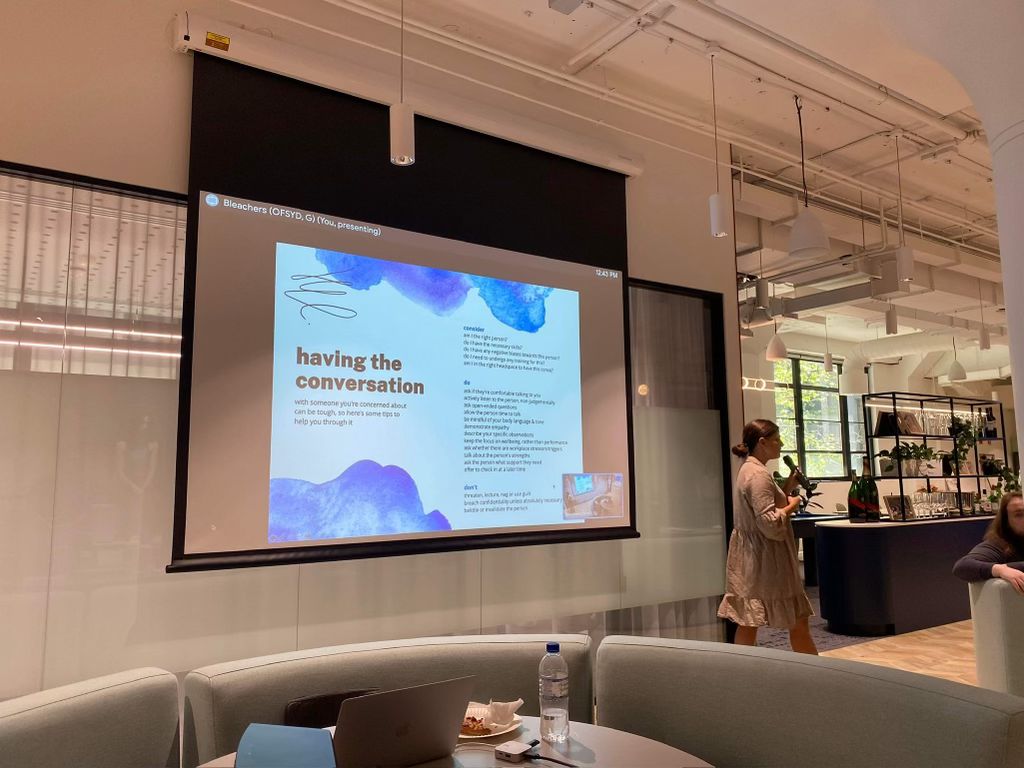
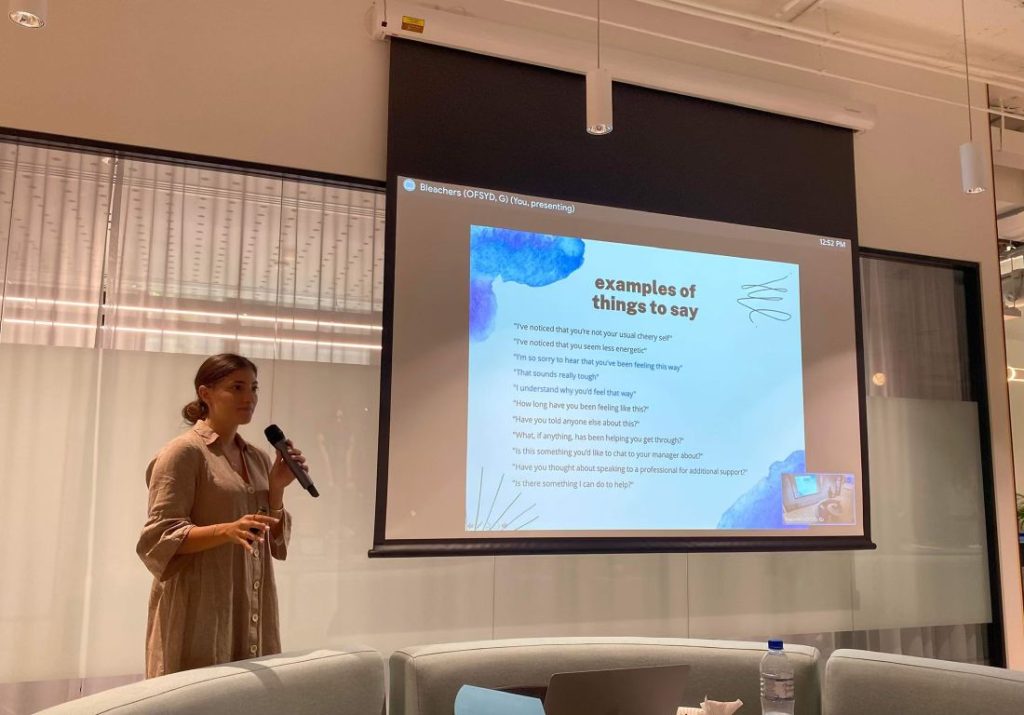
“There’s still a stigma around seeking help. But just like with physical health, it’s essential to reach out when you need support,” she explained.
“When you have a broken bone, you don’t just kick back and sit around and be like ‘if I think positive, it’ll get better and it’ll change and I can do it myself,’ you go straight to the doctors.
“In that same sense, your brain is also a part of your health, so when you’re not feeling good, or down, or have a lot on your mind that worries you, it’s best to chat to someone to look after your mental health too.”
Stella emphasised the need for people to prioritise their mental health.
“Your mental health is just as important as your physical health and seeking help is a sign of strength, not weakness,” she added.
“If you don’t look after your mental health, you’re not going to function to the best of your ability as a human.
“Mental health is something that is important for everyone of all ages to keep in mind, even if you are doing well in life.”
The 26-year-old counsellor serves as a beacon of hope for those trying to understand and improve their mental health. She aims to continue educating people and inform them that they are never alone and that there is help available.
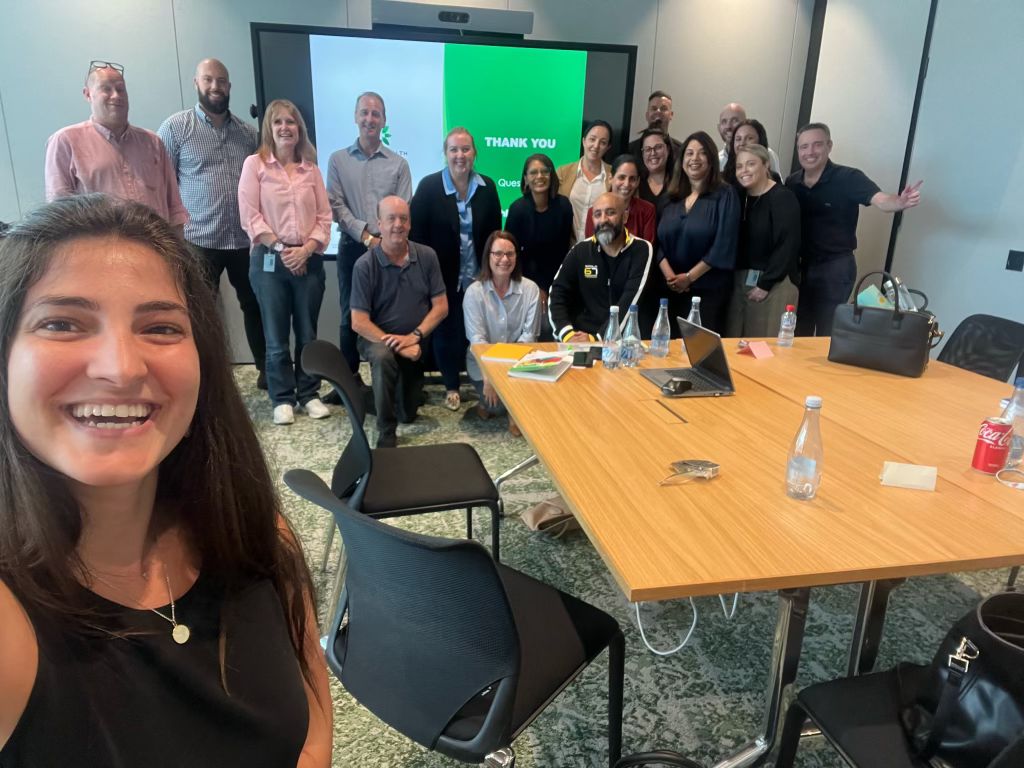

“One of the most incredible stories I must share was from a two-day training course I did, where we were touching on suicide first aid. At the end of the day, I had someone come up to me and tell me that he had never learned about suicide before and after going through this section of training and learning the warning signs, he said she feared someone in his life might be suicidal,” Stella said.
“He then told me he was going to see that person that same night and use the skills he learnt with me to have a conversation. The next day, he came back and said that person in her life actually was suicidal. He then helped them put forward an action plan to keep them safe and get the help they need, all because of the course he had attended.
“It’s moments like this that makes me wonder, imagine if that person didn’t attend that training course that day, they could have completely missed the warning signs and the chance to help out someone who was struggling.
“It’s just such a rewarding feeling to be able to help people and make difference in their lives.”
If you or anyone you know is struggling, The Beyond Blue Support Service is available via phone 24/7 on 1300 22 4636 or via beyondblue.org.au/get-support for online chat (3PM – 12AM AEST or email responses within 24 hours).

